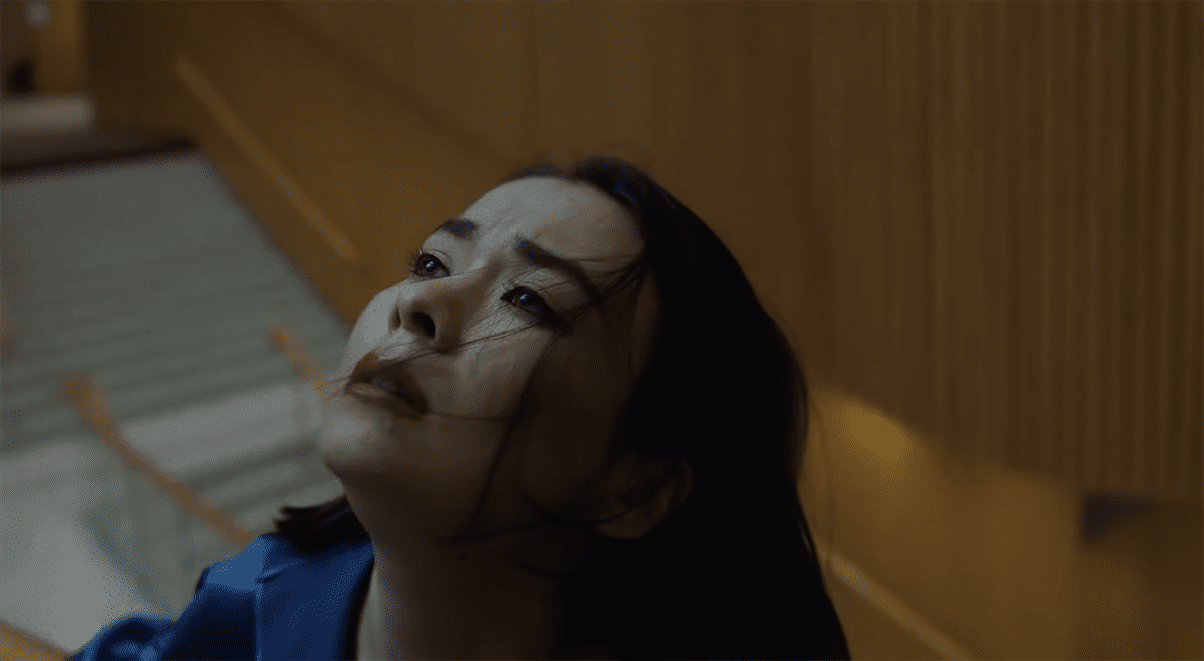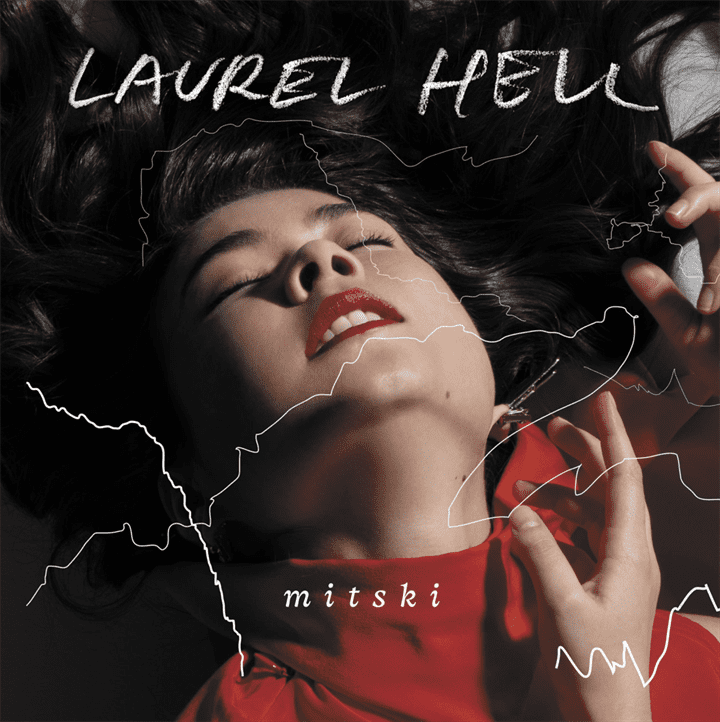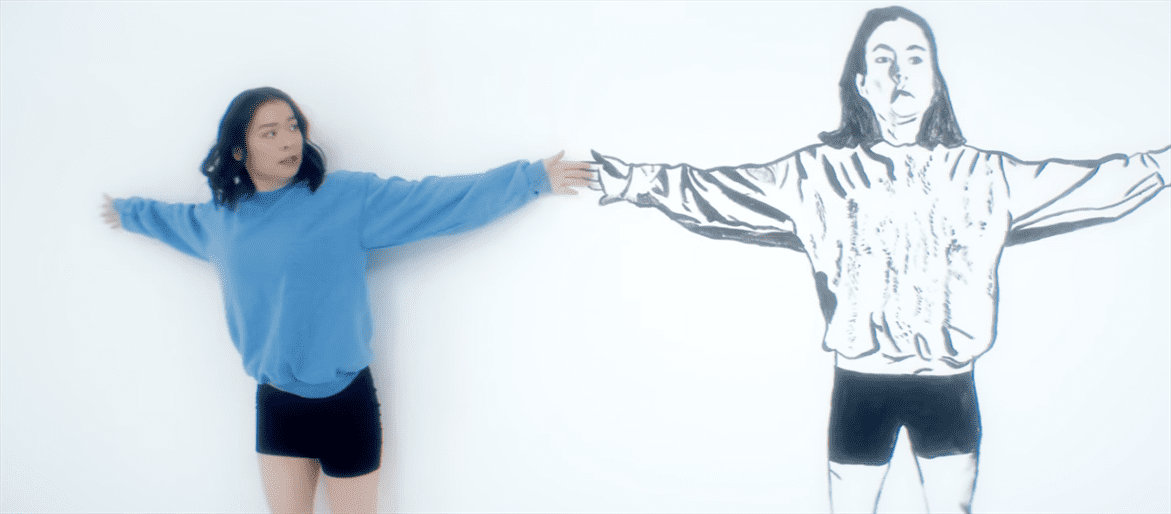Mitski Miyawaki did it again. Following the unfathomable success of her last release, “Be the Cowboy,” her sixth studio album, “Laurel Hell” was released on Feb. 4. “Laurel Hell” is filled with ‘80s synth and concise gut-wrenching lyrics of vulnerability.
A note she wrote to fans stated, “I don’t know you, but knowing you exist, knowing we’re connected through music, reminds me daily to be hopeful, to move with love.”
It makes sense that Mitski tweeted this, considering she just broke her social media detox in 2019. Since then, her songs ranging from her freshman album to “Be the Cowboy” have been included in many TikTok trends that reduce her into “sad girl” music.
However, that’s not the case for “Laurel Hell.” There is a reason youth, in particular, are fans of her music. The talent behind Mitski is not just her classically trained vocals or entrancing harmonies, but her ability to break down such complex feelings like uncertainty, imposter syndrome and wanting to be a better human into an indulgent experience.
“Valentine, Texas” opens the album with dark melancholy vocals that all feel familiar to her style. The grandiose instrumentals following her cold vocals dancing around the ‘80s synth make the short two-minute song feel like an emotional rollercoaster.
The album’s single, “Working for the Knife,” dives deeply behind the hell of creative professions.
“I start the day lying and end with the truth / That I’m dying for the knife,” Mitski sings.
Is it a commentary on the brutal consequential toll of capitalism in the creative field? Following Mitski’s long rest after touring, it seems so.

“Working for the Knife” seems like a commentary on the brutal consequential toll of capitalism in the creative field.
Photo courtesy of Mitski / YouTube
The solemness in the album is intertwined with hopeful acceptance of her life. A notable song on the setlist, “Everyone,” feels like a jab at her hit song “Nobody.” The duality between the songs from being unseen and lonely, with her sudden burst of fame, is a very Mitski thing of her to do. The lyrics reflect these hardships.
“And I opened my arms wide to the dark / I said ‘take it all, whatever you want’ / I didn’t know that I was young / I didn’t know what it would take,” Mitski sings.
What cannot be ignored is the overarching theme in the album of her inability to connect with others. She is constantly navigating through the uncharted territory of fame and the terrifying notions of becoming her own person. The 31-year-old is still navigating through life, and the album explores her uncertainty of growing, becoming better and accepting the choices you willingly make yourself.
With a modern electric disco that leaves listeners questioning their own existence, “Laurel Hell” cuts deep into the youth’s fear of the uncertain future. Oddly, Mitski’s ability to connect with her audiences in the album relies on her inability to connect with others in the first place. All fans can hope for the future is that she’ll continue to connect and carve herself for the sake of us.




